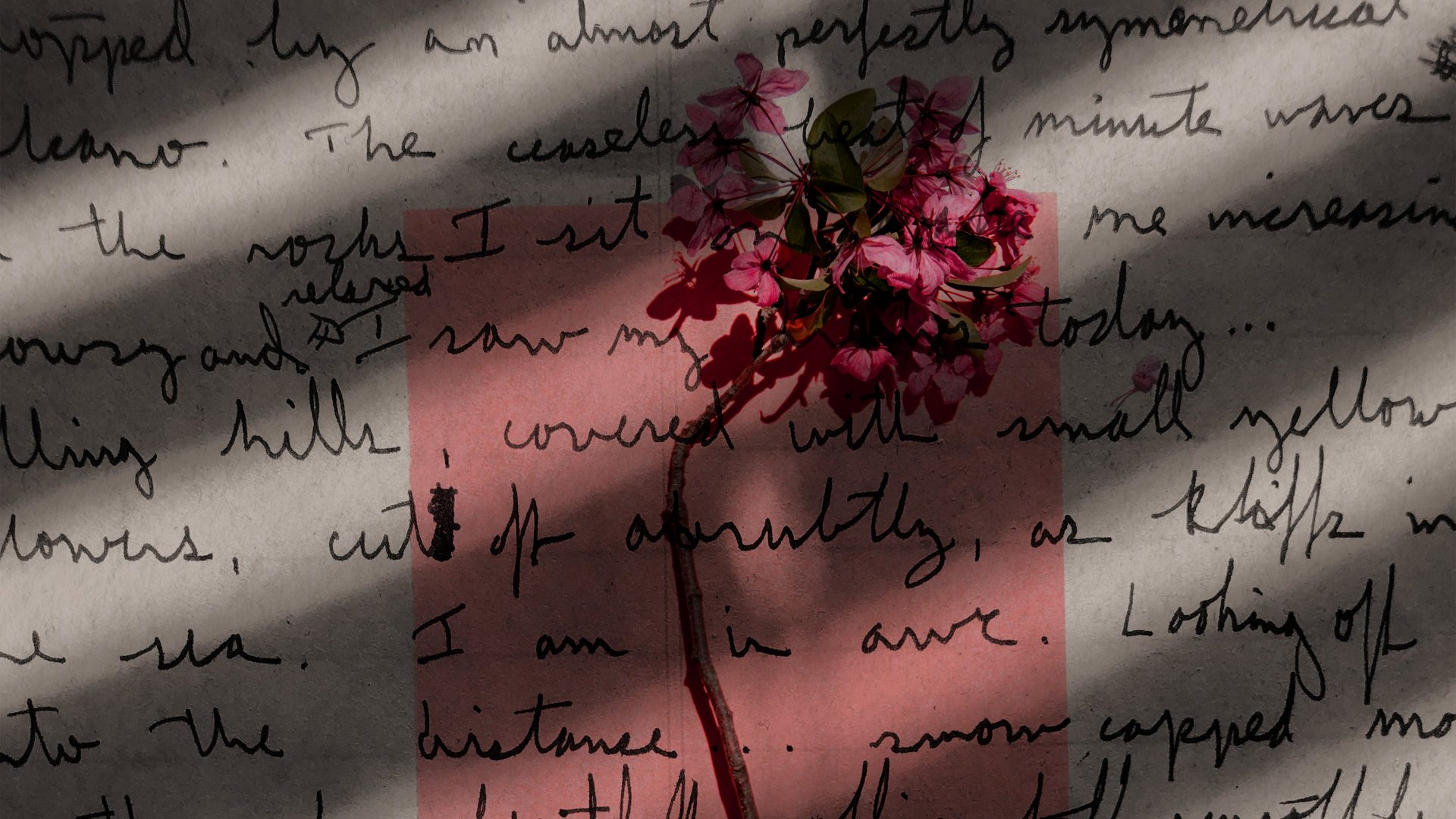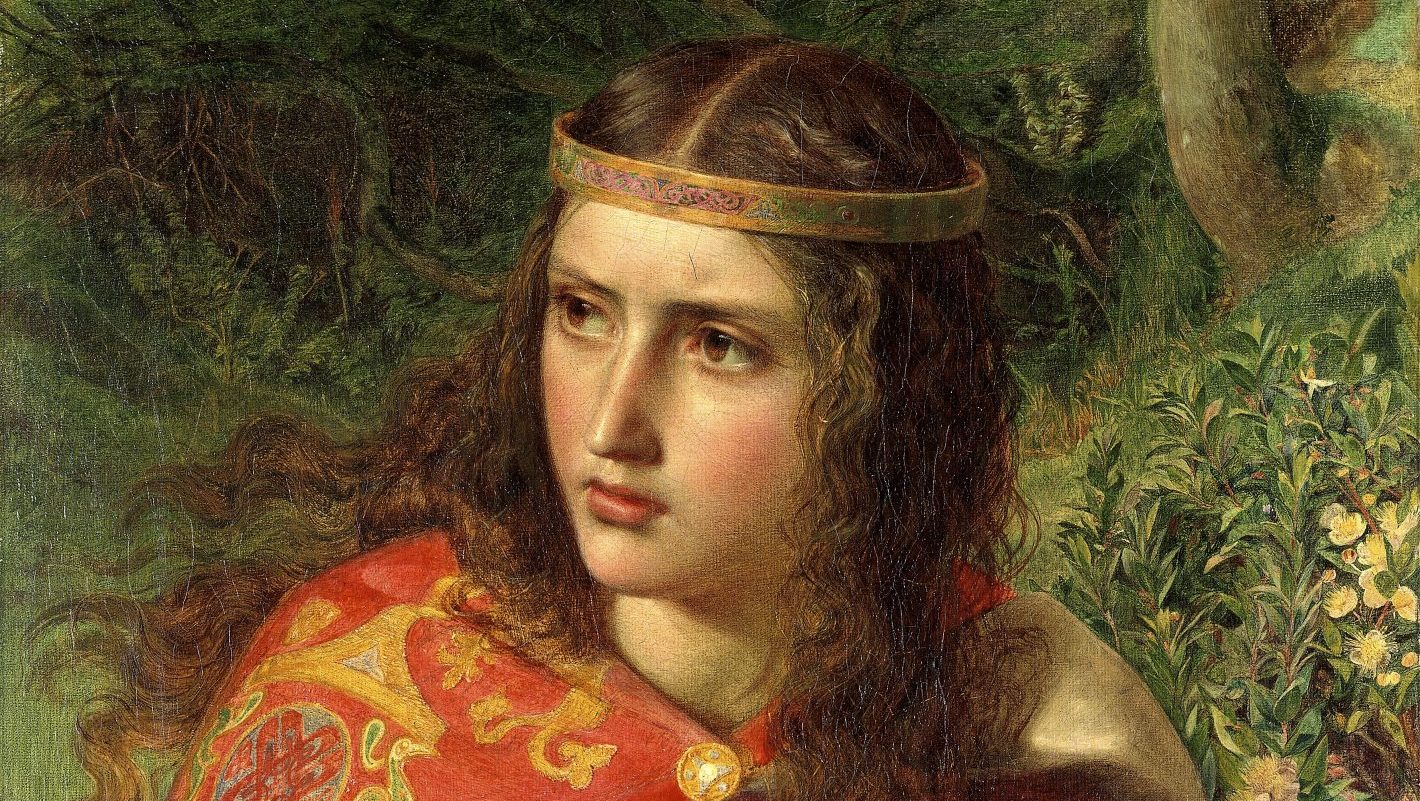An email arrives informing me that my father’s oldest friend – they met at prep school in the 1920s – is still alive aged 102. The last time I saw Colin he was in hospital in Croydon, having been admitted with a lung infection. That
must have been around seven years ago, when he was a mere stripling of 95. At that time Colin seemed to have a short-term memory of around three minutes – I timed the periods between his very polite but insistent inquiries as to who I was. I heard that he’d been discharged to a nursing home, then no more. I was amazed he’d lived independently for as long as he had – a feat achieved, paradoxically, by great lucidity in the face of encroaching senility.
He did the Times crossword every day; went into town for the dress rehearsals of new opera productions (he was a Friend of the Royal Opera, which accorded him this benefit); and his small flat in Sanderstead had notices and lists affixed to furniture and appliances reminding him of what he should be doing throughout the day. He vouchsafed to me that the secret of living with memory loss was to maintain a routine – something that holds good, I think, at the collective quite as much as the individual level.
It certainly would explain why those of us who lived through periods with radically different social mores manage to forget that fact while stolidly maintaining that as they think now, so have they always. The stand-out example of this – and the absolute confirmation of the relativity of
morals – is that 70 years ago, around the time Colin began his ministry in the Church of England, pretty well all right-thinking people considered homosexuality at best as an aberration, and at worst an abomination; while today all right-thinking people feel it’s these attitudes that are anathema.
Like my father, Colin had been a fairly pious young man – and like my father he had signed Dick Sheppard’s Peace Pledge in the 1930s, then registered as a conscientious objector when war was declared. However, unlike my father – who received an unconditional discharge – Colin had been required to do war work: in his case, labouring to build extensive new railway sidings at Didcot. Even decades later, and despite his love for my father, there was a degree of rancour when he recounted his wartime experiences, which seem to have included bullying. He never explicitly said that his homosexuality had been a factor – but then there was no open discussion of this, at least not when my father was around.
When I was in my early 30s Colin wrote to me apropos this, saying that while of course he realised that I’d long since known he was gay, my father had no notion and Colin would prefer to keep it that way. I understood why: my father was by no means bigoted, but he did have a curious blind-spot when it came to what he’d term “homos”: he didn’t really believe they existed at all; after all, he had attended a major English public school in the 1920s, and contra the recollections of any number of memoirists, had seen no evidence of any such activities.
In a way, Dad’s defunct gaydar was also of his era – and mine: as a child in the 1960s there was an entire culture of male homosexuals hiding in plain view: Kenneth Williams and Hugh Paddick bantering in Polari on Radio 4, while Messrs Grayson, La Rue and Howerd et al camped it up on the small screen. My brother and I loved Julian and Sandy – the characters played by Williams and Paddick in a series of sketches on the comedy show, Round the Horne, and would faithfully reproduce them for an audience of two – our parents – while of the four of us, only my mother really understood the double entendres.
Indeed, my father died in 1999 still uncomprehending – his third wife told me that when they all went to see Four Weddings and a Funeral, and his best friend cried during the Matthew character’s recitation of Auden’s Stop All the Clocks at his lover’s funeral, Dad was completely bemused: “What the hell’s the matter with you?” he asked – although really, he should have known. Especially since Colin’s life had otherwise been un-closeted: in his letter to me he had written that I shouldn’t feel sorry for him: when he had moved into a clergy house after ordination, he found that his two fellow lodgers were gay as well: “and we had a very happy time together”.
I like to think that if the clocks have all stopped for Colin – while he yet lives – the memory-loop he’s repeating features these experiences, rather than the prejudice he endured over many decades.



